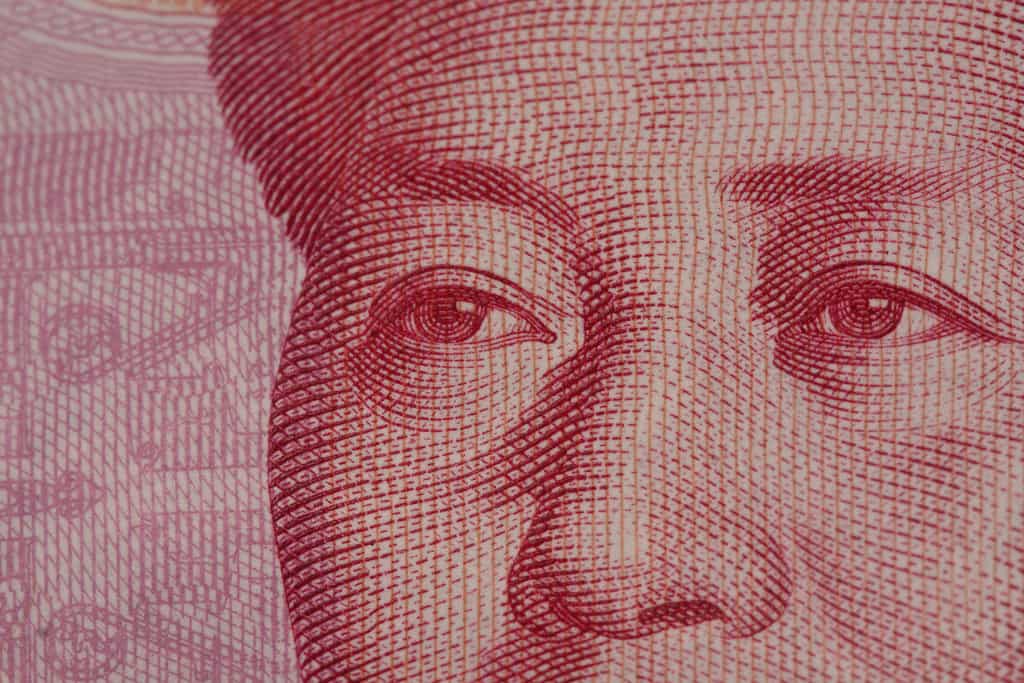Leading state-owned news platforms in China have published an opinion piece that addresses calls for further appreciation of the renminbi.
“Calls for the renminbi exchange rate to appreciate are not in consonance with the general direction of exchange rate marketisation reforms,” writes Tao Jin (姚进), in an opinion piece published by both the People’s Daily and Economic Information entitled “Should the Renminbi Exchange Rate Appreciate?” (人民币汇率应当升值吗?).
“In recent years the renminbi exchange rate has fallen and risen, and it has not been uncommon to see both rises and declines, yet there has always been a price yardstick and price bottomline.
“This is in fact a managed, floating exchange rate system that makes market supply and demand its foundation, and makes reference to a basket of currencies when undertaking adjustments.”
Tao points out that there has been much online discussion of late on whether the renminbi should appreciate given expectations of a weakening US dollar in the wake of the Fed’s use of loosened monetary policy to deal with the impacts on the economy of COVID-19.
Within China, discussion has also focused on whether appreciating of the renminbi should be used to deal with imported inflation, and whether the Chinese central bank should abandon its exchange rate stabilisation targets.
On 21 and 23 May however, both the State Council’s Financial Stability and Development Committee (FSDC) and the Chinese central bank indicated that Beijing would continue to “maintain the fundamental stability of the renminbi exchange rate at a rationally balanced level,” sending a clear signal which served to calm market expectations.
Tao further points out that renminbi has continually strengthened in recent years, breaching the threshold of 7 to the US dollar in August 2019, and rising to a near three-year high of 6.4099 on 26 May.
“In future, [China] should maintain this type of operating condition in which the market spontaneously forms exchange rates and there are no large-scale fluctuations, and use this to cultivate a normalised, healthy mechanism for bi-directional movement of the exchange rate,” wrote Tao.
“The prevention of herd effects on exchange rate markets that are triggered by expectations; focusing on communication with the market and maintaining a definite, managed flotation are some of the key work points for monetary policy authorities…the renminbi exchange rate will continue to maintain fundamental stability around a rationally balanced level.”




